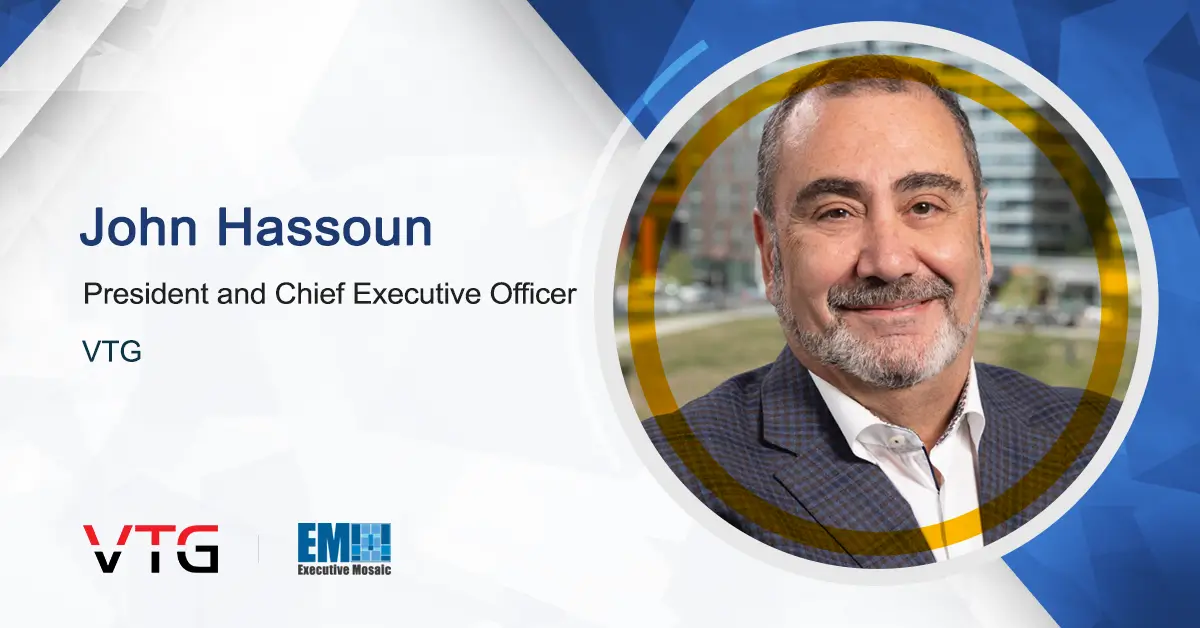Scott Pace has stepped down as executive secretary of the White House's National Space Council to rejoin George Washington University, where he previously served as director of its Space Policy Institute. “I am so proud of the team here and the work we’ve done to set a foundation for continued progress and advancement," Pace said.
“I am so proud of the team here and the work we’ve done to set a foundation for continued progress and advancement in the civil, commercial and national space sectors. I look forward to my return to the Space Policy Institute at George Washington University and to educating future space leaders,” Pace said.
Prior to joining the council in 2017, Pace led the Space Policy Institute at George Washington University and served as professor of the Practice of International Affairs. Pace’s resignation followed the National Space Council’s recent release of the National Strategy for Planetary Protection.
Secure World Foundation said that the National Space Council “has largely been successful in establishing an efficient process for discussing, debating, and finalizing national space policy.” The council noted that it also improved “the political priority and public visibility” of space policy.
The strategy seeks to protect the Earth and other planetary bodies from biological contamination associated with space exploration activities and ensure safe and sustainable commercialization and exploration of space.
The National Strategy for Planetary Protection has three objectives and the first calls for the U.S. to avoid “forward contamination” through the development and implementation of risk assessment and science-based guidelines and an update to the interagency payload review process.
An administration official said that the Office of Science and Technology Policy will work under the new strategy, in coordination with other agencies, adding that the strategy was an example of the role the council played in uniting various agencies to support critical missions.






